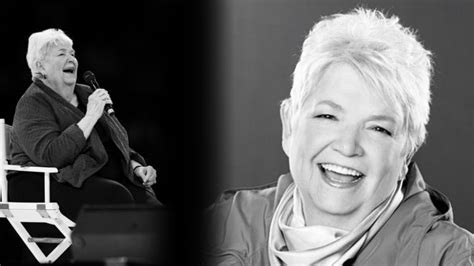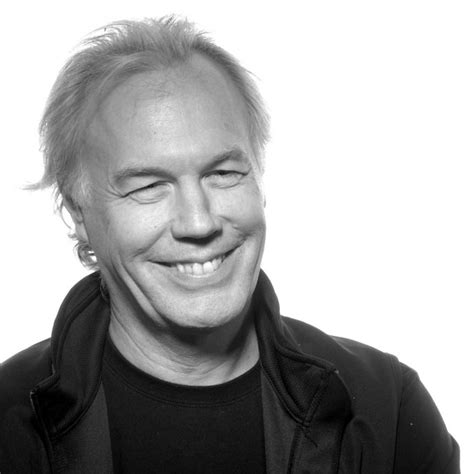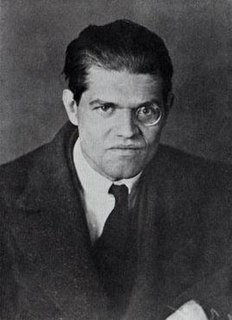A Quote by Luci Swindoll
I have consciously sought after those things which make for value, order, richness, spirit and wonder, even though I am often unable to verbalize what I feel when I perceive something beautiful. Sometimes it's a pang or a sensation; at other times it is an awareness of joy and security or pure pleasure. In any event, it is a moment to be celebrated. Beauty justifies itself. The fact that it is beyond definition means nothing.
Quote Topics
After
Am
Any
Awareness
Beautiful
Beauty
Beyond
Celebrated
Definition
Even
Event
Fact
Feel
Itself
Joy
Make
Means
Moment
Nothing
Often
Order
Other
Perceive
Pleasure
Pure
Richness
Security
Sensation
Something
Something Beautiful
Sometimes
Sought
Spirit
Things
Those
Though
Times
Unable
Value
Which
Wonder
Related Quotes
The scientist does not study nature because it is useful to do so. He studies it because he takes pleasure in it, and he takes pleasure in it because it is beautiful. If nature were not beautiful it would not be worth knowing, and life would not be worth living. I am not speaking, of course, of the beauty which strikes the senses, of the beauty of qualities and appearances. I am far from despising this, but it has nothing to do with science. What I mean is that more intimate beauty which comes from the harmonious order of its parts, and which a pure intelligence can grasp.
A man-made thing that produces pleasure (and criticism) by somehow taping into the order of the universe is beautiful. Making beautiful things makes our lives worthwhile. My teacher, and one of the founders of the Pratt industrial design program, Rowena Reed Kostellow, said, "Pure, unadulterated beauty should be the goal of civilization." From a pragmatic point of view, for something to be beautiful, it has to work. In order to make this idea clearer I have combined the ideas of beauty and function into one word: Beautility.
One can ask why the I has to appear in the cogito {Descartes’ argument “I think therefore I am.}, since the cogito, if used rightly, is the awareness of pure consciousness, not directed at any fact or action. In fact the I is not necessary here, since it is never united directly to consciousness. One can even imagine a pure and self-aware consciousness which thinks of itself as impersonal spontaneity.
I am surprised to see that today everything that does not amount to surrender pure and simple to generalized capitalism, let us call it thus, is considered to be archaic or old-fashioned, as though in a way there existed no other definition of what it means to be modern than, quite simply, to be at all times caught in the dominant forms of the moment.
The experience of beauty is in the eye of the beholder, as they say. The artist's relation to the object of beauty, how the art makes that happen, is a whole other subject. Beauty is an event. Beauty is something that happens. There is no such thing as a beautiful object or a beautiful woman. These things do not come near it - the experience of beauty, the event of beauty. The anxiety about it is what makes it such a central concern of culture and makes us so interested in it.
The beautiful is and remains beautiful though it arouse no emotion whatever, and though there be no one to look at it. In other words, although the beautiful exists for the gratification of an observer, it is independent of him. In this sense music, too, has no aim (object), and the mere fact that this particular art is so closely bound up with our feelings by no means justifies the assumption that its aesthetic principles depend on this union.
When the mind is quiet, we come to know ourselves as the pure witness. We withdraw from the experience and its experiencer and stand apart in pure awareness, which is between and beyond the two. The personality, based on self-identification, on imagining itself to be something: 'I am this, I am that', continues, but only as a part of the objective world. Its identification with the witness snaps.
I never changed after that. I sought for nothing in the one great source of change which is humanity. And even in my love and absorption with the beauty of the world, I sought to learn nothing that could be given back to humanity. I drank of the beauty of the world as a vampire drinks. I was satisfied. I was filled to the brim. But I was dead. And I was changeless.
I am aware that I am very old now; but I am also aware that I have never been so young as I am now, in spirit, since I was fourteen and entertained Jim Wolf with the wasps. I am only able to perceive that I am old by a mental process; I am altogether unable to feel old in spirit. It is a pity, too, for my lapses from gravity must surely often be a reproach to me. When I am in the company of very young people I always feel that I am one of them, and they probably privately resent it.
The most refined abstractions of logic conduct to a view of life, which, though startling to the apprehension, is, in fact, that which the habitual sense of its repeated combinations has extinguished in us. It strips, as it were, the painted curtain from this scene of things. I confess that I am one of those who are unable to refuse my assent to the conclusions of those philosophers who assert that nothing exists but as it is perceived.
Yet there are those who wonder. There are those who have gentle stirrings. And there are those who have stepped upon the beautiful threshold of awareness - all on the verge of perceiving that which there is to see. To these ones, I say, open your exquisite senses. Look with fine clarity into that which is beyond and beneath, within and without. In these coming critical times, listen to and heed the directives of your spirits that retain the high wisdom you are just now perceiving.
I am unable, when I turn to myself, to recognize any of my faculties or my capacities. The inner sensation which I have of myself informs me that I am, that I think, that I will, that I have sensory awareness, that I suffer, and so on; but it provides me with no knowledge whatever of what I am - of the nature of my thought, my sensations, my passions, or my pain - or the mutual relations that obtain between all these things ... I have no idea whatever of my soul.


































